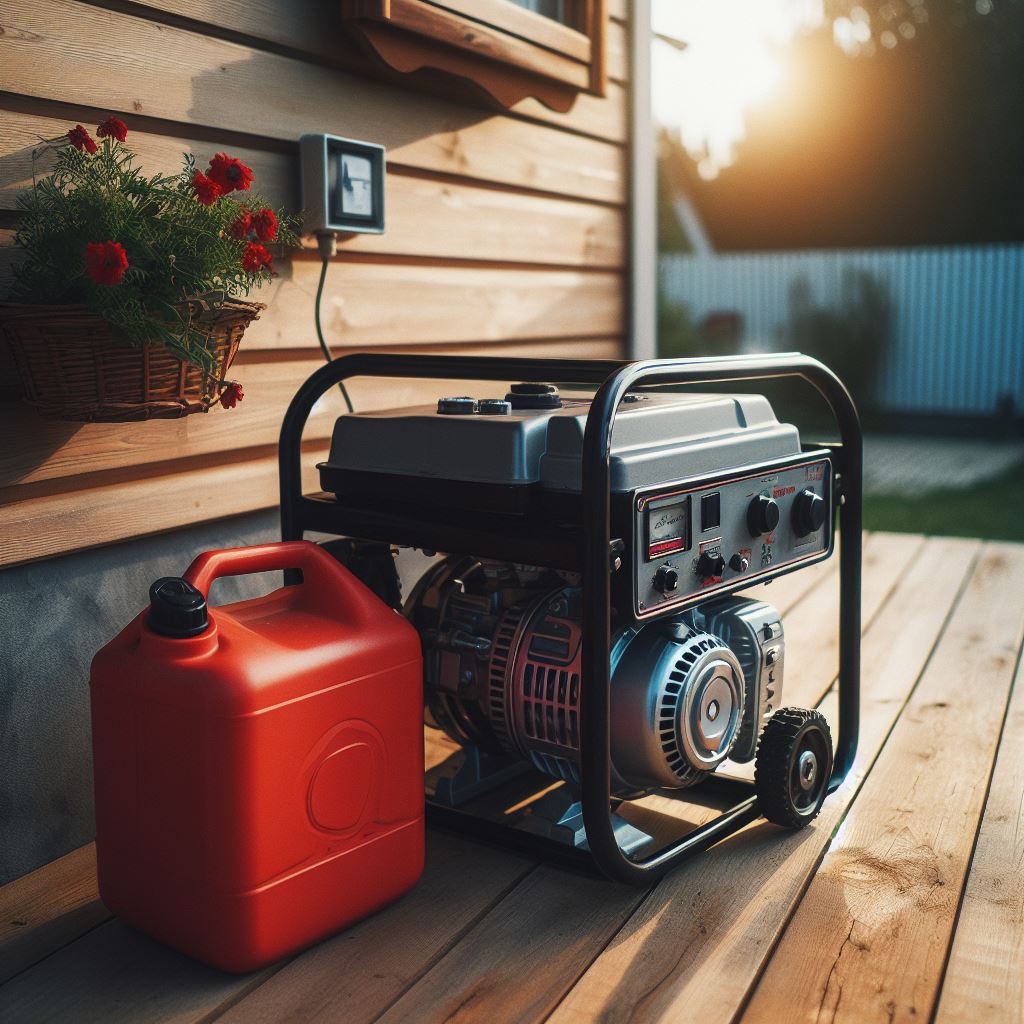Summer brings warm evenings, backyard barbecues, and long sunny days—but it also comes with thunderstorms, high winds, and power outages. One minute you’re blending a smoothie, the next, you’re sitting in the dark wondering how long your fridge will stay cold.
If you’ve ever lost power in the middle of a heatwave or had to toss out a refrigerator full of food, you know how disruptive a blackout can be. That’s where a generator comes in—your home’s backup quarterback when the grid fumbles.
Here’s why summer is the perfect time to think about investing in one.
- Summer Storms Are Unpredictable
Summer thunderstorms can roll in fast and furious, knocking down trees and power lines in minutes. Even a short storm can cause extended outages, especially in areas with aging infrastructure or lots of overhead lines.
A generator gives you peace of mind, knowing that your home can stay powered—even when the rest of the block goes dark.
- Protect What Matters Most
Think beyond just lights and air conditioning. Power outages affect:
Refrigerators and freezers – Food can spoil in as little as 4 hours without power.
Medical equipment – Essential devices like oxygen machines or CPAPs need constant electricity.
Sump pumps – No power during a storm means no drainage, which can lead to basement flooding.
Wi-Fi and communication – Staying informed and in touch during emergencies is crucial.
A generator helps keep these systems running, so you don’t have to worry about loss, damage, or safety issues.
- Comfort Counts—Especially in the Heat
Let’s face it: summer blackouts are just plain uncomfortable. Without air conditioning or fans, homes can become unbearable in a matter of hours, especially for young children, pets, or the elderly.
A generator keeps the temperature—and tempers—in check.
- It’s Easier Than Ever to Own One
Generators used to be bulky, noisy machines reserved for off-grid cabins. Today, you can choose from a variety of types to fit your budget and needs:
Portable generators – Affordable and versatile. Great for powering a few essential appliances.
Inverter generators – Quieter, more fuel-efficient, and safe for sensitive electronics.
Standby generators – Permanently installed and kick on automatically when the power goes out. A top choice for whole-home coverage.
With modern models offering quieter operation, better fuel efficiency, and even remote monitoring, backup power is more accessible than ever.
- It’s an Investment in Resilience
You may only use a generator a few times a year, but when you do, it pays for itself in food saved, stress avoided, and comfort maintained. Plus, having a generator can even increase your home’s value—especially in areas prone to severe weather.
Quick Tips for Generator Safety
Never run a generator indoors or in enclosed spaces (including garages).
Keep it dry and use on a level, outdoor surface.
Install carbon monoxide detectors in your home if you use a fuel-powered model.
Follow local codes and consider professional installation for standby units.
In Conclusion: Don’t Get Left in the Dark
Summer storms are a part of life—but losing power doesn’t have to be. A generator is a reliable, practical way to stay safe, comfortable, and connected when Mother Nature flips the switch.
So while you’re prepping for BBQ season and stocking up on sunscreen, consider adding a generator to your summer essentials list. Because when the next thunderstorm rolls through, you’ll be glad you did.

